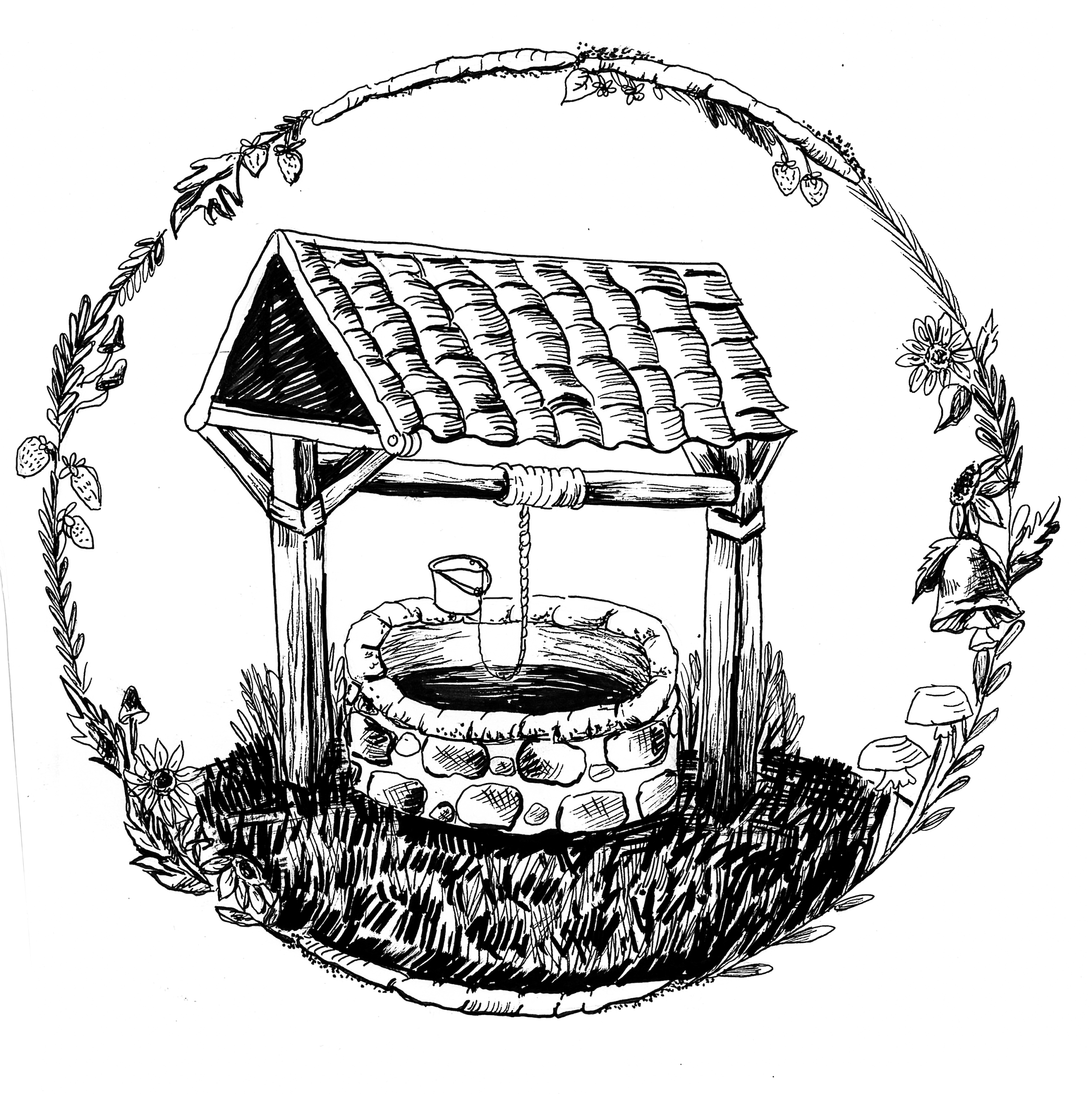Paradigm Shift

In the summer of 2019, I was offered a job as a co-teacher in an early childhood (three to six years old) Montessori classroom. Within the course of six months, I faced multiple life altering transitions: I decided to pick up the mantle of being a Montessori practitioner at a level I had not previously worked, my mother was diagnosed with an advanced stage of cancer, and I started my full graduate course load with TIES. I began to navigate a paradigm shift as I discovered that studying integrative learning would lead me to see the interconnected nature of my desire to commune with the Land in which I inhabit and my role in guiding young people as they develop their personalities during early childhood.
All the while I was navigating the painful experience of someone near and dear to my heart face the end of their life. An essential part of this paradigm shift has been the role observation has taken in my life as I began ask the following questions. What role has observation taken in my transformation as a Montessori practitioner? What revelations, buried under my prejudices, might arise throughout my preparation?
As a young student, I remember being introduced to observation as a simple practice at the beginning of the scientific method. Before my initiation in 2015 to Montessori pedagogy, I ordinarily chose to be an allegedly objective, detached observer looking at a focal point to be observed for the purpose of gathering information. While studying environmental science as an undergraduate, I was provided ample opportunities to practice observing ecological systems with which I shared hardly any relationship outside of my observations. Today, as a Montessori practitioner I find myself, almost daily, fully engaged with the participants of my observations. Typically, it is children at a school that I am observing; however, I am also engaged in observing parents, co-workers, the environment, friends, family, and myself. Yet, the practice of observation as a participant observer at any level of engagement was not a part of my conscious awareness when I began working in education. My interactions with TIES coupled with various experiences as a Montessori practitioner and everyday life over the past two years have led me to what John Briggs, author and professor of English , and F. David Peat, physicist and writer, (1999) describe in Seven Life Lessons of Chaos as “a moment of truth that amplifies and begins to self-organize the work” (p.24), a bifurcation point in my journey as a participant observer: my dominant tendencies have lacked coherence with my personal and professional functions.
My moment of truth is built around the dynamic relationship and interaction between my intrinsic desire to connect with my place in nature, ecophilia, and my day-to-day responsibilities as a Montessori practitioner. With the enthusiasm of an anthropologist, I wish to reinhabit the indigenous wisdom of Montessori through the cultivation of bioregional awareness. Much like the traditional Okanagan process of decision making called “En’owkin”, described by Jeannette C. Armstrong (2005), an Okanagan Indian and executive director of the En’owkin Centre in Penticton, B.C. I want to draw on the wisdom of each individual, family, the community at large, and “the vast and ancient body of intricately connected patterns operating in perfect unison, called the land” (p.13). After wrestling through a seemingly paradoxical connection between my predominantly anthropocentric Montessori training and my principally ecocentric undergraduate education in environmental science, I found clarity in the most unlikely place: Margret and H.A. Ray’s (1941/1969) Curious George.
In Next of Kin, Roger Fouts, professor of psychology and co-director of the Chimpanzee and Human Communication Institute, shared his reflections about the first chimpanzee he ever knew:
It never occurred to me to wonder why Curious George had to leave his home in the jungle, or who the man in the yellow hat was, or why he put George in a zoo. I was only a child.
(Fouts & Mills, 1997/2003, p.3)
Fouts’ wonder stirred up a turbulent wonder in myself, for the development of humanity, leading to a well-spring of questions that set this exploration into motion. How has my disconnection with the bioregion I live in shaped my role as a participant observer? How have my environment and experiences shaped which human tendencies are predominant or subservient in my behavior? How could reinhabiting Montessori with bioregional awareness empower my Montessori children and families to build a cosmic, ecocentric community rooted in respect, integrity, diversity, inclusiveness, responsibility, and enthusiasm for one’s self and all members of the community?
As fellow plain members and citizens of a cosmic community, interconnected by relationships beyond our conscious awareness, I invite you to join me as I explore reinhabiting Montessori by cultivating bioregional awareness as a participant observer. I will engage the following questions as guideposts in this exploration. How does a bioregional approach to Montessori at the three-to-six-year level provide concrete experiences of ecoliteracy as children consciously construct their personalities? What multi-generational experiences rooted in ecoliteracy emerge from the cultivation of bioregional awareness in a Montessori learning community? How can bioregional awareness carry the vision of Montessori education beyond traditional learning communities? Ultimately this exploration is expected to be one iteration of many in the grand journey of the cosmos, with great hope, perhaps I will emerge with a greater understanding of what it means to live as a bioregional Montessorian for the next leg of my journey.
Works Cited
Armstrong, J.C. (2005). En’owkin: Decision-making as if sustainability mattered. In Stone, M.K. & Barlow, Z. (Eds.), Ecological literacy: Educating our children for a sustainable world (pp. 11-17). Sierra Club Books.
Briggs, J., & Peat, F. D. (1999). Seven life lessons of chaos: Spiritual wisdom from the science of change. Harper Collins.
Fouts, R., & Mills, S. T. (2003). Next of kin: My conversations with chimpanzees. Harper. (Original work published 1997)




